Professor Marston and the Wonder Women is that most problematic of cinematic conjunctions — a fascinating story hamstrung by high-minded ambitions and undermined by uninspired execution. The film deals with the salacious true story of the creation of Wonder Woman by William Molton Marston, a Harvard psychology professor ousted for his unconventional home life. In her efforts to normalize the polyamorous BDSM relationship at the heart of the film’s narrative, writer-director Angela Robinson effectively strips those topics of their innate sex appeal.
The source material is as interesting as it gets — Marston (Luke Evans) and his newly minted Ph.D. wife, Elizabeth (Rebecca Hall), both successful Ivy League academics who co-invent the polygraph, find themselves effectively unemployable after they both fall for beautiful young student Olive (Bella Heathcote). The public problems that would inevitably arise from a three-way cohabitation in the ’20s eventually led to Marston creating Wonder Woman as an avenue for popularizing his psychological theories (and some of his bondage fantasies) through the burgeoning medium of comic books. It’s a compelling tale of progressive mores in a time of rampant repression, focusing on three courageous characters who produced the most significant feminist superhero ever created.
At least that’s the movie we should have gotten. Instead, Robinson goes so far in her efforts to make the atypical relationship at the core of her story palatable to the masses that she neglects to make it interesting. The interpersonal conflict that precedes the consumption of Marston’s menage a trois feels almost perfunctory, and everything comes together just a little too conveniently. The problematic power dynamic inherent to the relationship between two distinguished professors and their naive student is never adequately addressed, and the social stakes that necessarily accompany trio’s decision to embark on their journey to rebellious domesticity are paid only passing lip service.
Further complicating matters is the narrative’s timeline, which covers roughly two decades and is needlessly complicated by a bookend device in which an underutilized Connie Britton plays a child psychologist aggressively attacking the suggestive content of the early Wonder Woman books. The convoluted story structure leaves little time for character development, which arguably should have been this film’s greatest strength. It doesn’t help that Heathcote’s Olive is written as little more than an object of sexual gratification and Evans looks as if he’s constantly trying to remember where he parked his car. It’s not all bad news on the performance front, however, as Hall is outstanding as Elizabeth, imparting her portrayal with an assertive intelligence tempered by heartbreaking rationality.
So we have a film about kink that is largely sexless, a story about the creation of Wonder Woman that doesn’t get around to that subject until the third act, and a filmmaker who seems to lack the courage of her characters’ convictions. Is there any redeeming value in Professor Marston? Perhaps, at least in the context it offers in relation to the rousing success of Patty Jenkins’ recent tentpole take on WW. True, this story deserved a better adaptation — but when we’re talking about a film from the director of Herbie: Fully Loaded, is that really any wonder? R for strong sexual content including brief graphic images, and language. Now Playing at AMC Classic River Hills 10, Carolina Cinemark, Grail Moviehouse, Epic of Hendersonville.




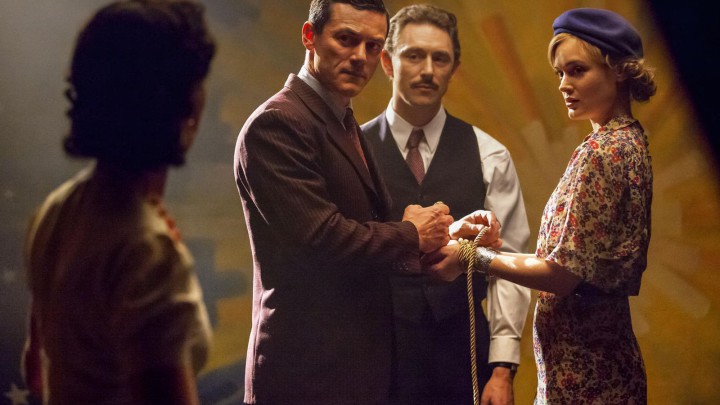
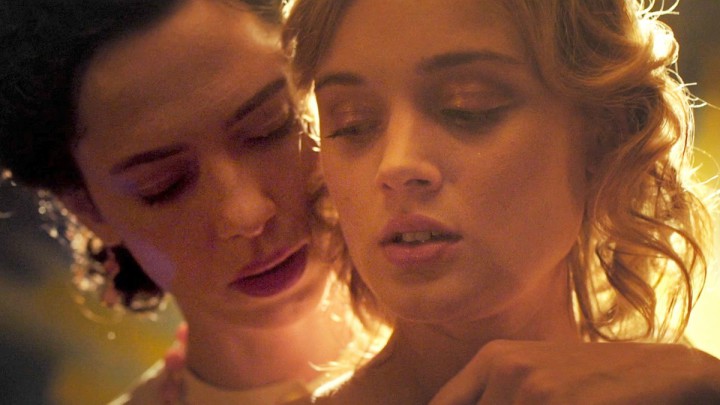

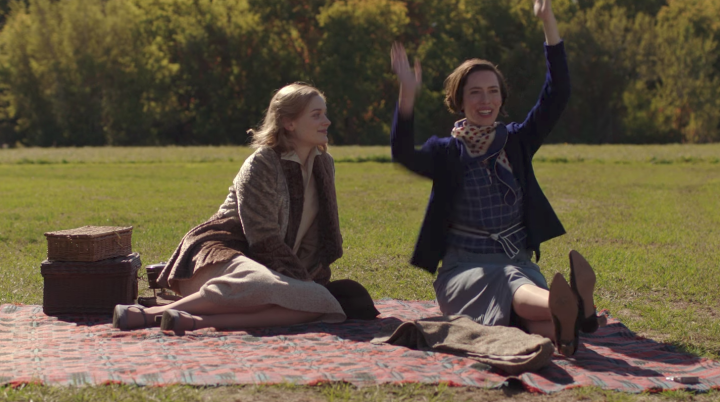
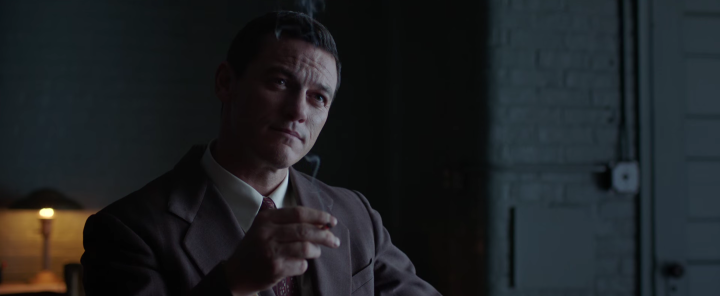
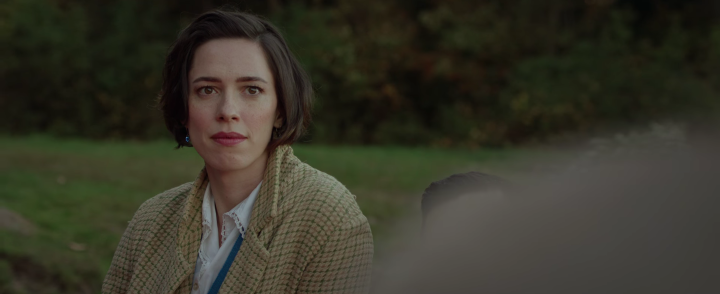

Hmmm. When the “Wonder Woman” movie was coming out earlier this year, I said to my wife, “what we need is a movie on the psychologist who created Wonder Woman – I’d go see that.” Curious, I looked up Marston, whose story was well known to me and discovered that I was in fact, getting my wish. And faster than I would have imagined, but now I’m not so sure I’d go. Here was a family unit who radically defied their mores of the time and contributed a lasting character creation to a major pop cultural form of the time; even managing to slip deeply atypical subtext into it without raising suspicion. They also invented polygraphy! How could you fail with a setup like that? I guess you could fail by hiring the director of a “Love Bug” movie! I had no idea that that sad notion had returned to haunt this century! Who produced this mess? 40 lashes with a golden lasso for them!
“I said to my wife… – I’d go see that… but now I’m not so sure I’d go.”
Don’t let this review keep you from seeing this movie. I am in COMPLETE DISAGREEMENT with Mr. Douglas on this film. I thoroughly enjoyed it and found it intellectually stimulating AND sensually exciting.
Easy with the caps there, Al — no need to shout. While I’m glad you enjoyed the film more than I did, I maintain that anybody with more than the slightest passing familiarity with Marston’s story will find this to be quite a let down.